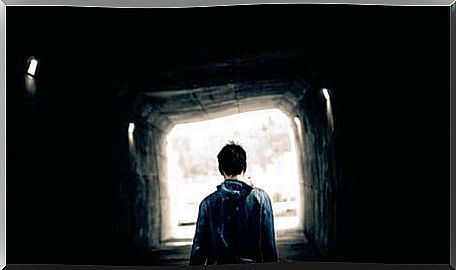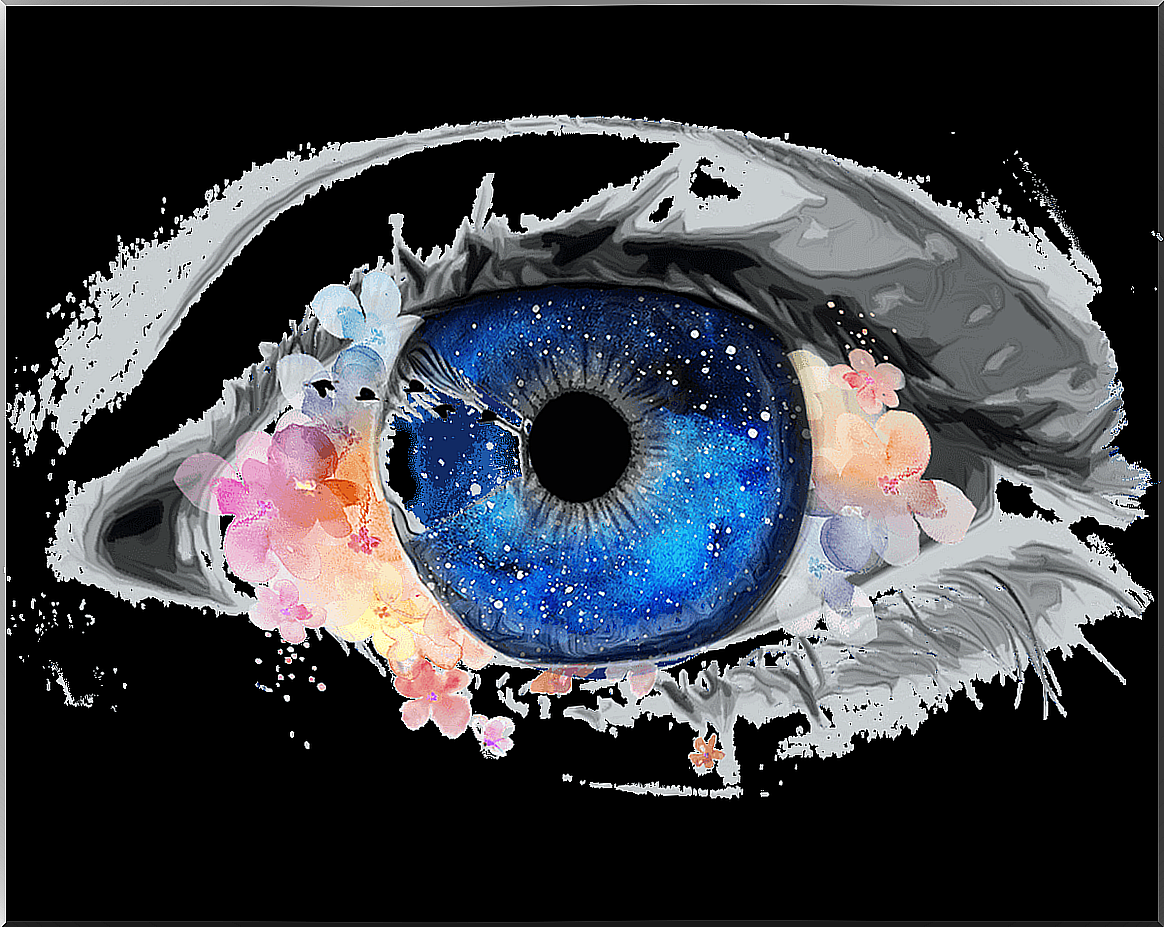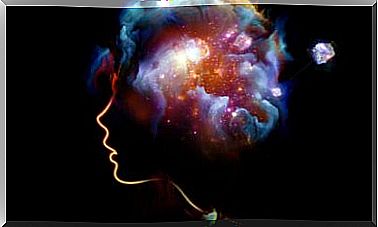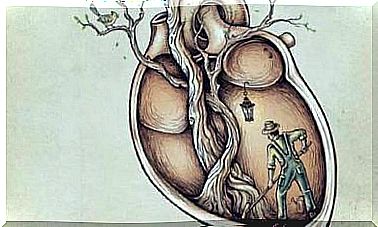Tunnel Vision: What Is It And Why Does It Occur?

Tunnel vision is a perceptual phenomenon. It appears when we are facing a threatening stimulus. Also, when we go through moments of high emotional intensity. Our reality is suddenly reduced and the field of vision is limited, focused on a single thing.
The most striking thing about these situations is that despite experiencing this perceptual alteration, our will also becomes more impulsive. It is what is literally defined as “being blinded.” It is restricting a good part of the field of attention to focus exclusively on a single part.
To understand it better, let’s imagine, for example, that we leave work at night and suddenly feel someone following us. We panic at that threatening presence, we accelerate our pace and soon we feel our vision take the form of a tunnel: we stop perceiving everything around us to see only our car.
The vehicle is that place we want to get to to feel safe and flee. The selective attention that this phenomenon facilitates helps us to react more quickly, leaving everything else aside. We are, therefore, before a useful and necessary survival mechanism.
Let’s analyze it in detail.

Tunnel vision: what it is, characteristics and how to handle it
Tunnel vision is a perceptual phenomenon caused by an intense emotional state. Generally, triggers are elevated anxiety and stress. What happens is that the peripheral or extracampine part of the vision fades and we can only see clearly a certain stimulus.
Thus, by clouding or removing from our vision what is not important, it makes it easier for us to react more quickly to an external threat. It is an instinctive mechanism that seeks not to waste energy or vision in aspects that are not important.
That type of psychophysiological stress can help us, for example, to act effectively in case our three-year-old son slips out of our hands and heads onto a road.
Not only will the heart accelerate and the brain will decide to send more oxygen to the muscles so that we can run faster. In addition, it will activate the neurological mechanisms to create tunnel vision and be able to perceive our son exclusively. Because everything else, everything that surrounds you is irrelevant at that moment. The priority is to react successfully.
How does it happen?
When the brain detects a danger, the visual focus changes. This psychophysiological response is mediated by a neurotransmitter that acts like a hormone: adrenaline. The pupils are dilated by its effect, so the eye cannot adapt to all the light it receives or perceive all the peripheral stimuli. This is when what we know as tunnel vision appears.
What do we feel when we experience tunnel vision?
It is not a pleasant sensation. It is not, in the first place, because when the psychophysiological phenomenon of tunnel vision arises what we are experiencing is fear, anxiety and even panic. Imagine, for example, that we are driving a car and suddenly we lose control.
As we have noted, during these high-stress situations, the bloodstream is flooded with adrenaline. This hormone generates numerous physiological changes so that we react to danger.
At that moment, not only the field of vision is reduced to limit a very limited horizon. What also happens is that the brain acts on impulses, it does not reflect or have time to assess a situation objectively.
Therefore, when acting on impulses, we are not always able to react in the most appropriate way at all times. And this is something that is seen frequently in traffic accidents.

How can we control it?
Is it possible to control tunnel vision? The first thing we must understand is that if the human being experiences this type of phenomenon it is for something. It has a purpose and a purpose: it guarantees our survival and helps us react to dangers. Let’s imagine that someone wants to steal from us, our gaze will focus only on that threatening presence to act with alacrity.
Sometimes, of course, tunnel vision can make life a bit difficult for us. High anxiety situations such as an exam, having to speak in public or go to a medical appointment can make us suddenly feel that experience. In those contexts it is not useful and can get in the way.
Therefore, the idea is to learn to manage emotions and understand something very simple. There are circumstances in which the appearance of certain emotions such as fear or panic are legal, acceptable and even useful. They can guarantee our survival.
Tunnel vision can have origins other than anxiety
In the event that we experience this phenomenon in situations in which we do not feel anxiety or stress, nor does it arise as the effect of an external threat, it is best to consult an ophthalmologist. There are various eye disorders and diseases that may be behind this alteration in vision:
- Glaucoma.
- Effect of a concussion.
- Detached retina.
- Compressed optic nerve.
- Age-related macular degermation.
To conclude, it is always appropriate to know these types of concepts and realities related not only to our complex emotional universe. Any small alteration or change in the organic and physiological balance cannot be neglected. Let’s keep it in mind.









